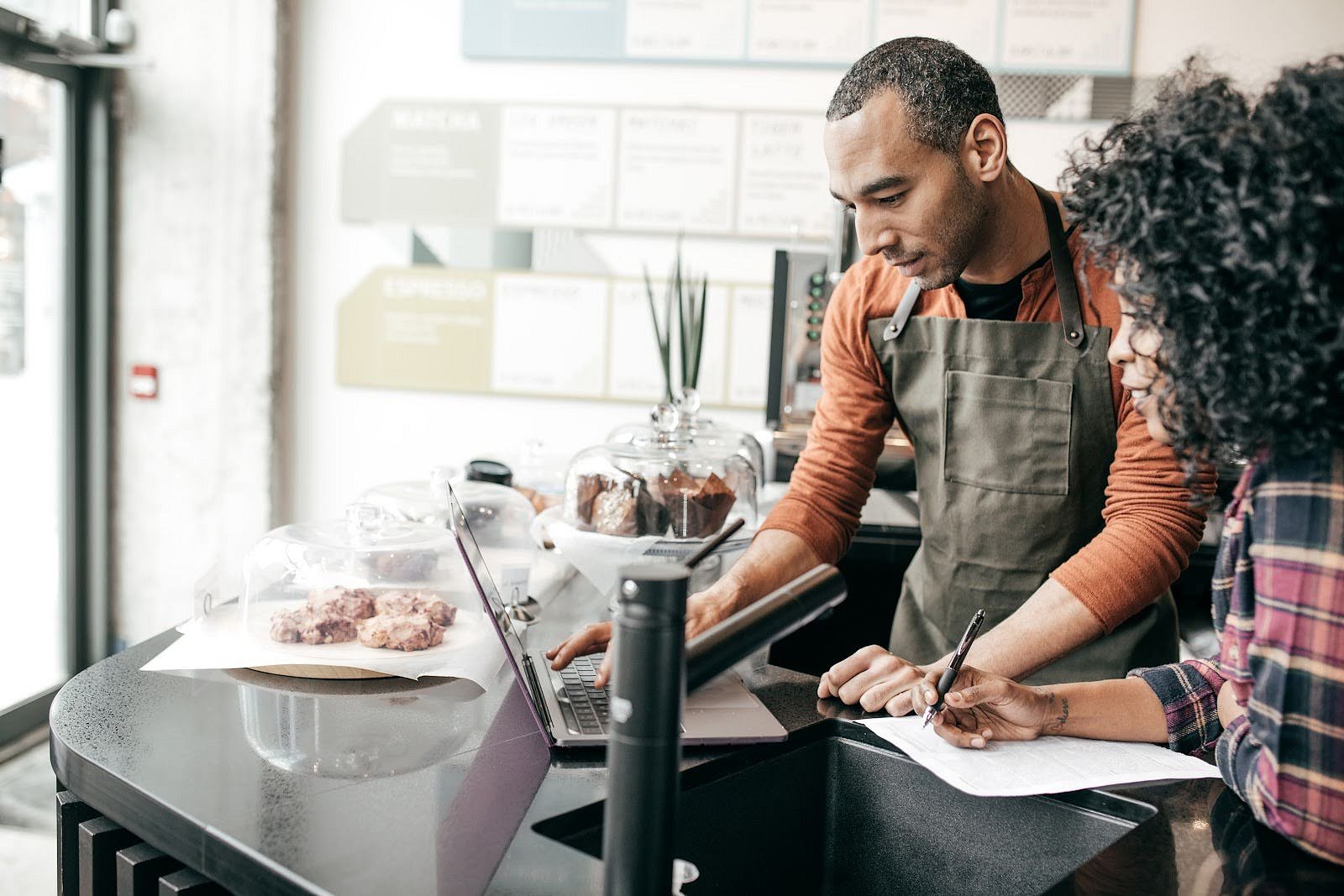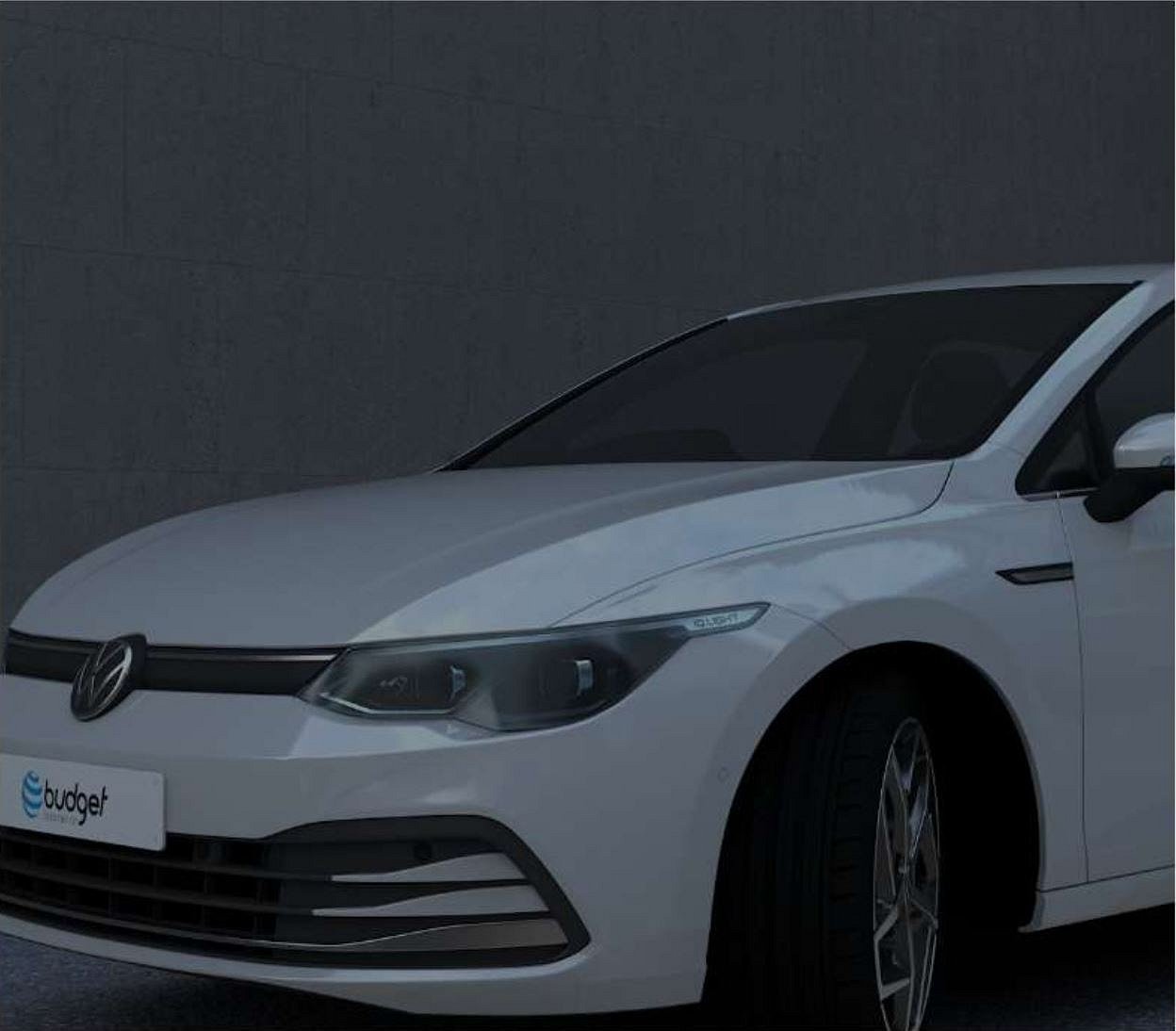Its all Insurance
Car Insurance Q&A

Finance & Money

As an owner of a mobile kitchen, Food Business Insurance isn’t just a nice-to-have – it’s essential. Whether you’re serving gourmet burgers or speciality coffee, you’re exposed to unique risks like fire, spoilage on the go, or theft. At Budget Insurance, we know that mobile food vendors need tailored cover that moves with them. In this guide, we’ll unpack why traditional business cover falls short and how specialised Food Business Insurance can protect your enterprise.
The catering and mobile food industry in South Africa is booming, offering entrepreneurs a more affordable, flexible, and scalable path into the food business. Unlike traditional restaurants, catering services and mobile kitchens offer a unique blend of direct customer access, high mobility, and lower startup costs, making them ideal for aspiring business owners and food connoisseurs.
One of the biggest advantages of a mobile food business is affordability. Opening a food truck or mobile catering unit typically requires a fraction of the capital required to start a brick-and-mortar restaurant. According to Company Partners, small food businesses, such as trucks, can be launched for as little as R50,000 to R80,000. With reduced expenses for permanent staff, rent, and utility bills, these ventures appeal to both first-time entrepreneurs and established professionals alike.
Mobility is a major opportunity. Catering services and food trucks can relocate based on demand, operating at corporate functions, festivals, sporting events, or busy urban hotspots. This allows entrepreneurs to test out new markets or follow loyal crowds. The ability to serve different customer bases – from commuters to wedding guests – offers strong revenue potential with lower overheads.
Mobile food businesses thrive on innovation. Whether serving up gourmet sandwiches, vegan wraps, or cultural street food, these businesses can quickly adapt their menus to market trends. The sector has seen an increase in niche concepts, such as gluten-free food trucks or health food-focused catering services. In addition, social media platforms like Instagram and TikTok enable traders to market directly to customers, building loyal followers through visual content, real-time location updates, and word-of-mouth.
South African consumers increasingly value convenience and variety, especially at events or in high-traffic areas. Mobile kitchens meet this need by providing fast, fresh food, with quicker turnaround times than many sit-down restaurants. According to a BusinessTech article, convenience food and takeaway sales have steadily grown since COVID-19, pointing to a shift in consumer behaviour.
Despite the positives, mobile kitchens face considerable hurdles.
Complex logistics: transporting equipment, maintaining hygiene standards, and managing power outages all require investment and planning.
Regulatory compliance: Local municipalities require permits and regular food safety checks.
Competition: Standing out in what you offer is important to your success. Rivals, supermarkets and restaurants are all competing for your customers.
Thin profit margins: Financial limitations mean tight budget control and frugal planning.
Running a catering service or mobile business in South Africa offers flexibility and profit potential, but it also comes with risks. From cooking fires to customer complaints, a single incident can threaten your livelihood. That’s why having this type of Hospitality Insurance from Budget Insurance is a wise business move.
Accidents happen. If a customer is injured after slipping over your food truck cables or gets food poisoning, you could face legal and medical claims. Public Liability Insurance helps to cover compensation costs and legal fees, protecting your finances and reputation. For example, a customer gets burned by a spilt hot tea and takes legal action. Your insurance helps cover their medical bills and your legal defence.
Your fridges, fryers, grills, and point-of-sale machines are core to your business. Whether it’s fire damage, power surges, or theft, insurance helps you recover with limited downtime. Take the instance of a generator causing a fire, damaging your oven and storage unit. Your policy covers the replacement cost, so you can keep trading.
Mobile catering means you’re always on the move, and road risks are real. Say, for example, on the way to an outdoor market, you collide with another vehicle. Commercial Vehicle Insurance helps cover repairs or replacement of your catering vehicle and protects you if you cause an accident.
Many municipalities require food vendors to show proof of Food Business Insurance to obtain a permit. A secure policy signals professionalism and helps guarantee smooth licensing. If, for example, you’re applying to trade at a food festival. Your Budget Insurance documents may help to secure approval quickly.
If you’re forced to shut down temporarily – due to equipment failure, fire, or flooding – Business Interruption Cover helps you recover lost income and keeps you going.
Clients, especially for corporate functions and weddings, prefer insured vendors. It builds trust and displays a level of seriousness for your business. A corporate event planner, for example, may book you over a competitor because you carry full cover, including liability and equipment insurance.
If one of your employees gets hurt while cooking or carrying equipment, Employers' Liability or Workers’ Insurance ensures they receive proper care, without the overwhelming cost. Take, for example, an employee who cuts their finger during food prep. Insurance covers the hospital visit and associated costs.
Operating in public areas makes your vehicle and assets vulnerable to malicious damage or theft. Insurance helps you bounce back fast. Say your food trailer is broken into, resulting in your cash box and sound system being stolen. Insurance helps cover the loss and any repairs needed.
With your mobile kitchen or catering service always on the move, make sure your protection is too. Get a Budget Business Insurance quote today and enjoy tailored cover. Our team is here to help with any questions and ensure you get the right protection - quickly and hassle-free.
—-----------------------------------------------------------------------------------------------------------------
Sources:
1 . BusinessTech: Big shift hitting restaurants and fast food in South Africa – BusinessTech
2. Company Partners: 10 Businesses you can start in South Africa for under 100k.
Disclaimer: The information in this article is provided for informational purposes only and should not be construed as financial, legal, or medical advice.
